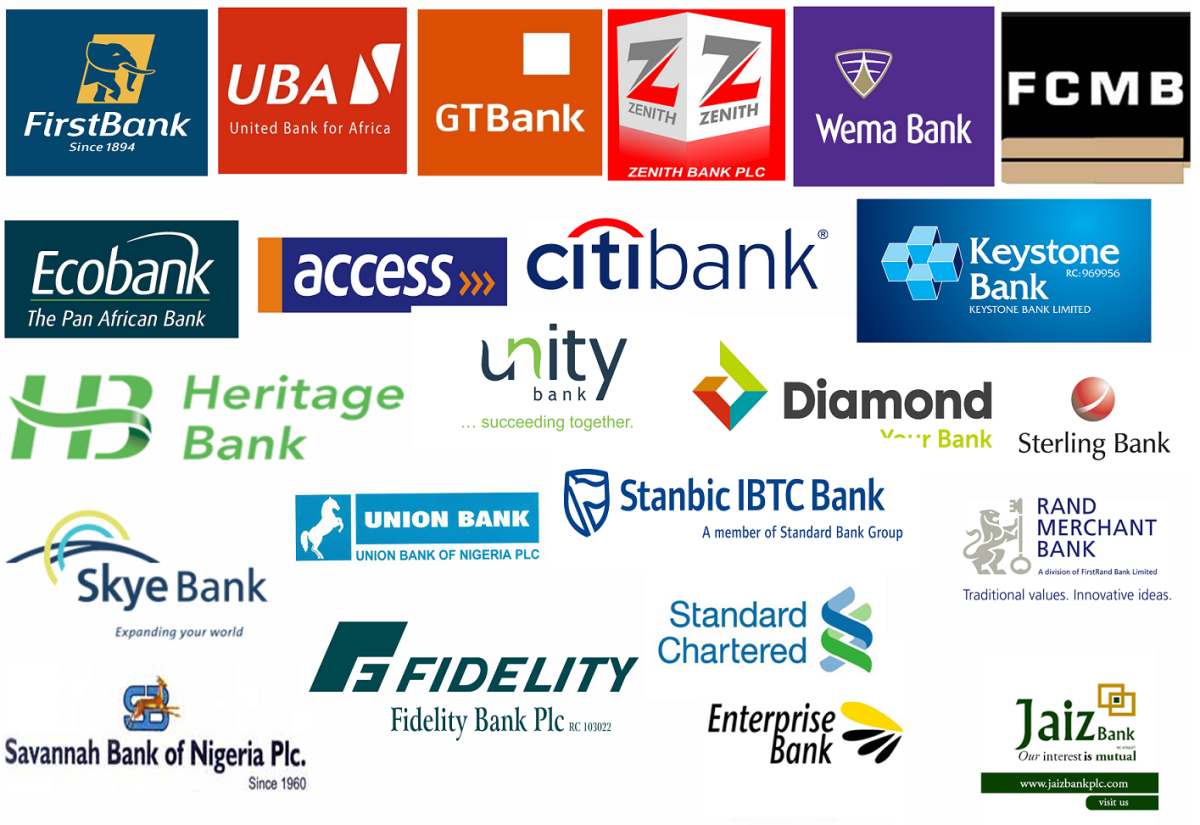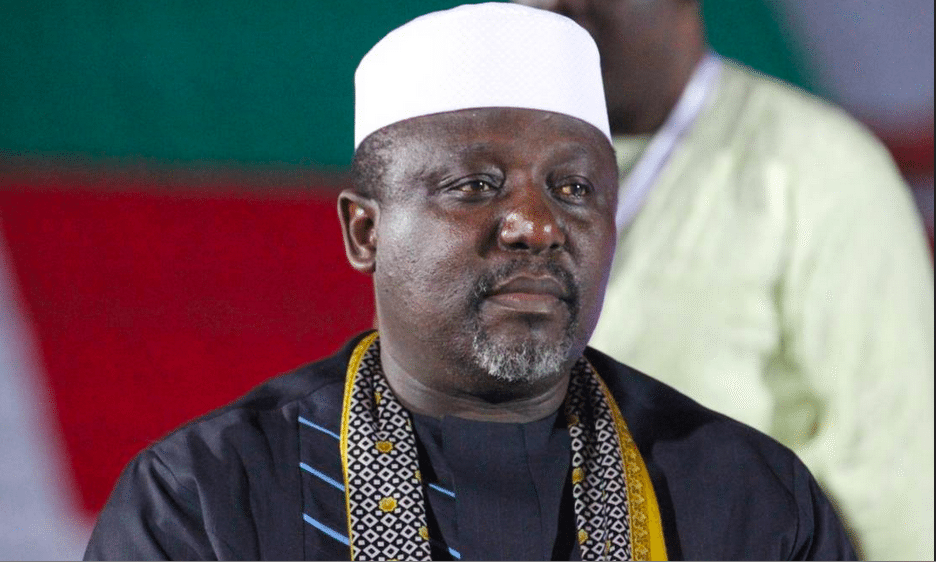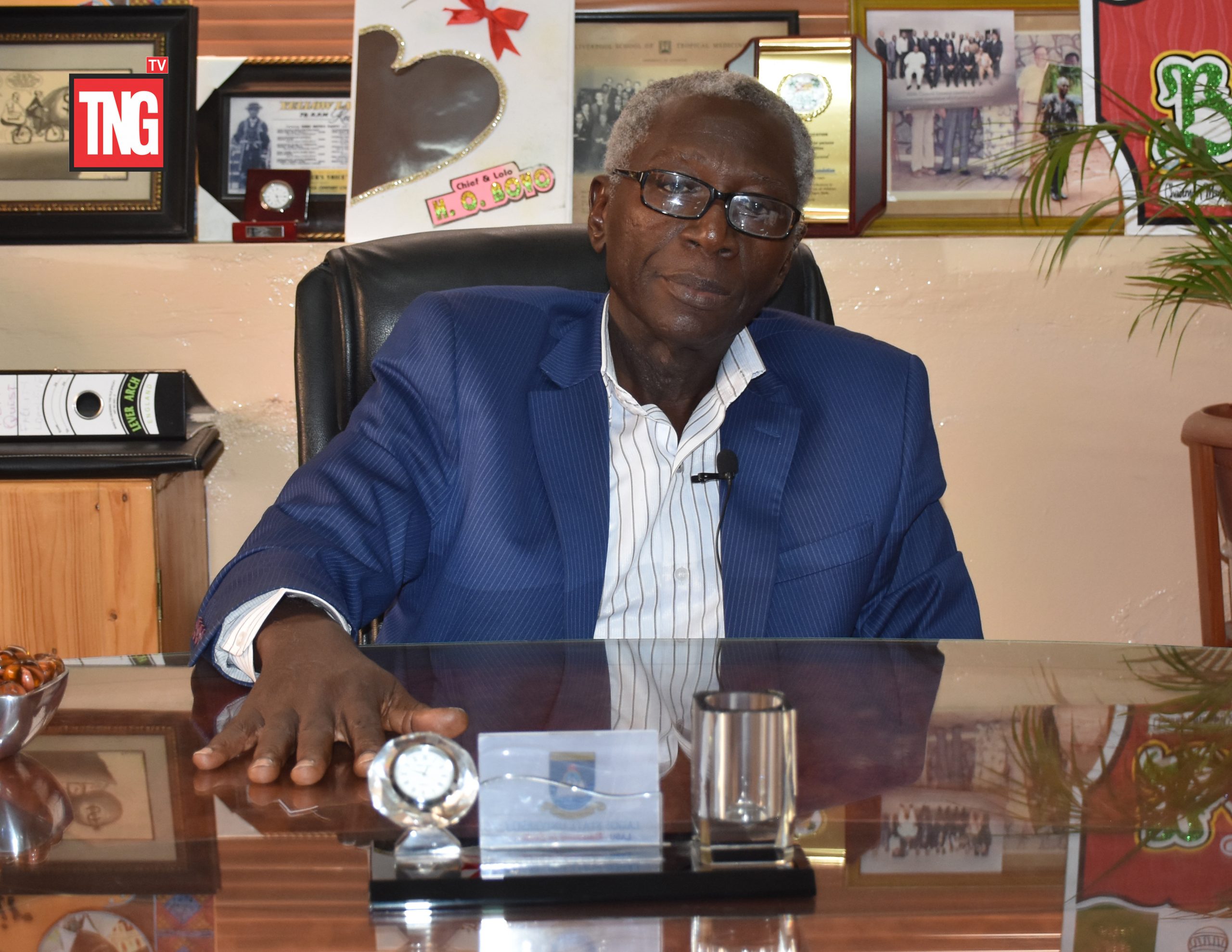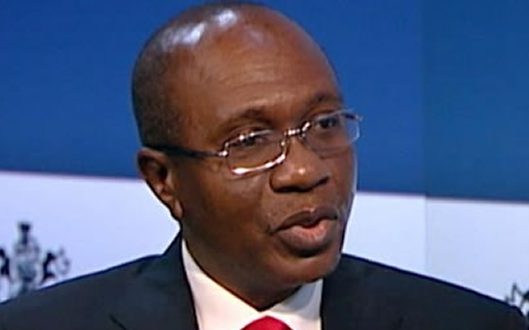The Chairman of the Special Presidential Panel for Recovery of Public Property, Mr. Okoi Obono-Obla, noted in a NAN report, on (Sept. 7th 2018), in Abuja, that the Agency is continuing its investigations to “recover monies that have been taken away (stolen?) from the people of Nigeria.” According to the Chairman of the Presidential Panel, “the ‘$7bn’ fund that the Central Bank of Nigeria granted 14 commercial banks in 2006 is one of such ‘loot’. Incidentally, Obono-Obla also confirmed that, these banks have not repaid the money to government’s treasury “after 13 years.” Curiously, however, according to the Special Panel’s Chairman, “when we enquired from CBN, the state of that money, the banks told us that the money was ‘dashed’ to them.”
Nevertheless, Obono-Obla has rightly reiterated, that the $7bn, belonged to “Nigerians and so could not be given away, for free to commercial banks, owned by private individuals.”
The above title “14 Nigerian Banks to enjoy $7bn Reserve” (see www.lesleba.com), was first published in October 2006, after former CBN Governor, Soludo, embarked on a bizarre escapade, which was arguably, a scam of Nigeria’s Treasury. This article has been published repeatedly, thereafter on 8/11/2010; 30/11/2013; 16/2/2015 and 17/9/2018 respectively with the title “Where is $7bn CBN placed with 14 Banks?” A summary, again follows, hereafter. Please read on.
“The report that 14 Nigerian banks were appointed as ‘Asset Managers’ of Nigeria’s reserves was published in The Guardian Newspaper of October 5th, 2006. The CBN Spokesperson, Festus Odoko, confirmed, in that report that “already, $7bn cash deposit, representing part of CBN’s share of foreign reserves, currently estimated at about $38bn, had been released to bankers.”
“Consequently, Soludo made good his promise to invite Nigerian banks, which have consolidated $500m capital base to a “Foreign Reserves banquet”, if they could provide evidence of collaborative agreements with credible international finance houses. However, it is unclear whether or not the M.O.U. between the 14 Nigerian banks and their respective International affiliates, actually involves the compulsory adoption of global best banking practice and ethical standards, with collateral responsibility, also for financial integrity and profit, or if conversely, the collaboration, is simply a glorified correspondent relationship with credible international banks!
“Nonetheless, critics may wonder if the 14 banks which only just succeeded in raising their capital base, under much pressure to N25bn, could also, speedily raise additional capital of about N35bn to qualify to manage CBN’s $7bn reserves. In other words, CBN may have quietly dropped this additional requirement to pursue its agenda of liberally empowering banks with government’s foreign reserves!”
“But whose interest is CBN serving with the disbursement of $7bn public funds with such levity. Although, “Odoko confirmed, on Tuesday, October 3, 2016, that CBN’s Investment Committee had ratified the appointment of the 14 banks for “reserves management,” curiously, however, Odoko also indicated that the $7bn ‘bounty’ had already been shared before close of business the very next day!”
“Nigerians may not appreciate that, CBN had committed Nigeria to possibly its largest single investment ever, so far, with this one stroke! The question however, is whether the expected return from this ‘huge investment’ will stimulate productivity, increase employment opportunities, and also improve social welfare. If not, who will benefit from this biggest ever single investment, paid upfront by Nigerians? Yes! Expectedly, the same 14 banks whose Directors will, ultimately, wear broad smiles to their overseas vaults!
“Incidentally, the 14 favoured banks, are at liberty to invest anywhere in the world! Thus, while Nigeria’s government still goes cap-in-hand for foreign loans to support economic development, CBN has ironically, also, simultaneously, exposed our hard earned $7bn, without any collateral or some measure of audit control or equity participation, to a consortium of Nigerian banks, with a consolidated current capital base of less than $3bn for possibly no gain whatsoever!
“Notably, Nigerian banks still do not find it attractive to lend to income and employment generating SMEs, and, this unsolicited $7bn largesse, may not change the attitude of banks to the real sector. The bizarre strategy of harvesting, possibly, well below 3 percent returns on a $7bn sovereign loan, which is not time bound, is starkly amplified by CBN’s willingness, to conversely, simultaneously, pay interest rates between 12-17 percent on the trillions of Naira it continues to compulsively borrow, primarily, from the same banks!
“Furthermore, if the 14 banks also repatriated all or part of their $7bn ‘gift’ back to Nigeria’s capital market, the obvious investment destination would be patronage of government’s treasury bills and bonds, on which banks would earn up to 17 percent return!” Unfortunately, nonetheless, the trillions of Naira, Government borrows primarily from banks are, regrettably, not tied to any specific infrastructural projects; while, regrettably also, funds borrowed with CBN’s Treasury bill sales are inexplicably, simply sterilized from application in CBN vaults in order to restrain consumer demand and check inflation .
“The CBN Spokesperson, Festus Odoko, also confirmed, in the Guardian report, under reference, that “the $7bn represents CBN’s share of foreign reserves!’ The question, however, is what work did CBN do to earn and freely give away $7bn? Besides, the Constitution, clearly does not allocate any portion of dollar reserves to CBN; clearly, the revenue from crude oil, belongs to the Nigerian people, as defined by the three tiers of government; consequently, the National Assembly would default in its constitutional mandate, if CBN is not, promptly, invited to defend why Nigeria’s $7bn reserves should be ‘given’ to 14 banks without any collateral or apparent profitable return!”
The above title was first published on 9/10/2006, a few days after 14 banks received CBN’s $7bn ‘booty’ in October 2006. Not surprisingly, however, by 2009, i.e. three years after Soludo’s ‘celebrated’ banking consolidation, most Nigerian banks tittered on the verge of collapse. The 14 favoured banks, apparently, never repaid the $7bn placement before the banking crisis of 2008-9; consequently, Nigeria’s $7bn may have ultimately ‘gone with the wind’ during the ensuing financial meltdown in 2009! Nonetheless, such default did not stop ailing banks from receiving an additional ‘bounty’, this time well above N5tn ($30bn), from the fresh lifelines extended between 2009-2010 through CBN and AMCON interventions, to ailing banks during the financial meltdown!
Notwithstanding, CBN’s misguided Father Xmas generosity, banks have clearly still failed to service the real sector with cheap, loanable funds, which could stimulate industrial rejuvenation, economic growth and increasing job opportunities; indeed, well over 30 percent of all bank credit still goes to Government, while another 33 percent are loans for fuel imports!
In view of the preceding narrative, EFCC should closely examine the circumstances regarding the sharing and the ultimate fate of CBN’s extraordinary package of $7bn to banks in 2006. Nigerians surely have a right to know; “after all, if the $7bn largesse to banks was a widely reported media affair in 2006, its refund or successful liquidation should also have been heralded by an ‘in your face’ media blitz.
POSTSCRIPT SEPTEMBER 2018: Despite Obono-Obla’s bombshell on the $7bn largesse, in September 2018, curiously, Press/Media/Public reactions against this brazen pen robbery, twelve years later, has been, inexplicably, rather very lukewarm. Incidentally, however, about 3 years ago, learned silk, Femi Falana, and Associates, on the behest of this writer and another concerned Nigerian, Adaighofua Ojomaikre, had approached CBN on the platform of the Freedom of Information Act, for a confirmation of whether or not the 14 favoured Banks had liquidated CBN’s untenured advance’ of $7bn to privately owned banks. Regrettably, till this day, CBN ignored the FOI request, until Obono-Obla’s recent revelation last September.
However, in January 2019, Dr. Obadiah Mailafia, a former CBN Deputy Governor, was invited by EFCC to shed more light on the $7bn that Soludo allegedly dashed 14 banks in 2006! Mailafia’s testimony will be published next week.
SAVE THE NAIRA SAVE NIGERIA!!!




